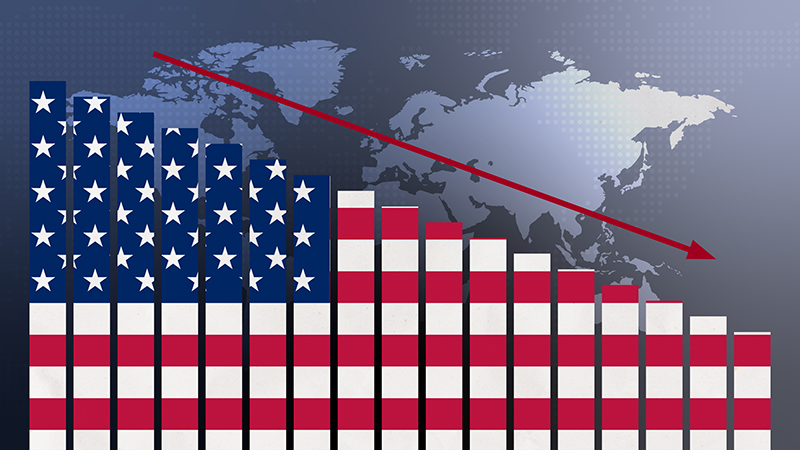The US Securities and Exchange Commission and Financial Services Authority Strategic Dialogue began in 2006 when the two regulatory bodies signed a Memorandum of Understanding (MoU) to "strengthen cooperation in oversight and supervision of global firms".
Pre-credit crunch, a move towards further regulatory cooperation by two of the biggest financial services-oriented nations could be viewed as ahead of its time.
Unfortunately, it seems to have been more about style and less about substance.
At their latest meeting on 13 October, FSA chief executive Hector Sans and SEC chairman Mary Schapiro discussed, among other things: "Regulatory reform, oversight of over-the-counter derivatives, market structure issues including high frequency trading, market surveillance and short selling."
All of which are admirable issues to work on, but all of which have been on the agenda since the start of the dialogue.
A look through all previous releases on the SEC-FSA Strategic Dialogue soon yields a fairly repetitive pattern.
After the initial release confirming its commencement in 2006, the FSA went fairly quiet until September 2009.
According to a spokesperson for the FSA, the reason for this is that the City watchdog has no statutory requirement to publish what is talked about in these meetings.
All very much in the spirit of transparency, then.
The SEC, on the other hand, does have this requirement. So from 2009 onwards, in keeping with the cooperative relationship, the FSA has published details of the meetings along with the SEC.
Common themes
One topic common to all of the meeting notes since 2009 is collaboration on the oversight of credit rating agencies.
Arguably, since 2009 the credit ratings agencies have shown considerable mettle, and judging by their behaviour throughout the euro crisis and in the downgrading of US debt earlier this year, they still don’t pay much heed to governmental bodies.
So it is safe to say there has been no resounding success on that objective of the dialogue.
Other themes discussed at various times over the last two years have been: oversight of short sellers, closer monitoring of executive compensation (that’s bonuses to you and me) and looking into counterparty risks in the market.
Short sellers have been reprimanded, the size of bonuses chided and the lack of attention from financial institutions to counterparty risk lamented.
But there has been little international policy put in place to effectively change any of this.
Lone wolves
Since the financial crisis struck in 2008 regulators are aware they have to be more vocal in order to be seen to be doing something.
On the SEC website it says 77 entities and individuals have been charged and over $1bn in penalties ordered in connection with misconduct which led to or arose from the financial crisis.
The FSA is also active in this form of discipline and regulation, shown by the raft of fines and redresses it issues on a monthly basis.
Ultimately, these organisations are lone wolves though, acting for the benefit of their own market and public.
In her comment following the 15 November 2010 dialogue meeting, Schapiro said: "Both the SEC and FSA are in the process of drafting vital new rules for our own markets. Meetings like this with our UK counterparts at the hgithest levels give the Commission a better understanding of how similar market concerns are viewed in London."
Like so many forms of cooperation the FSA-SEC Strategic Dialogue meetings act as a talking shop to air ideas.
But as Schapiro’s statement illustrates, when it comes to their own market, each institution will do what they want.











